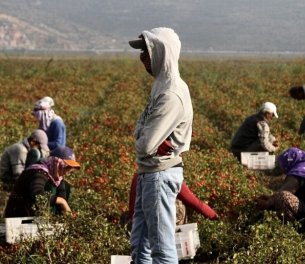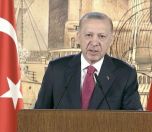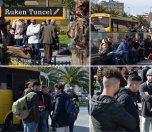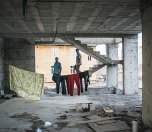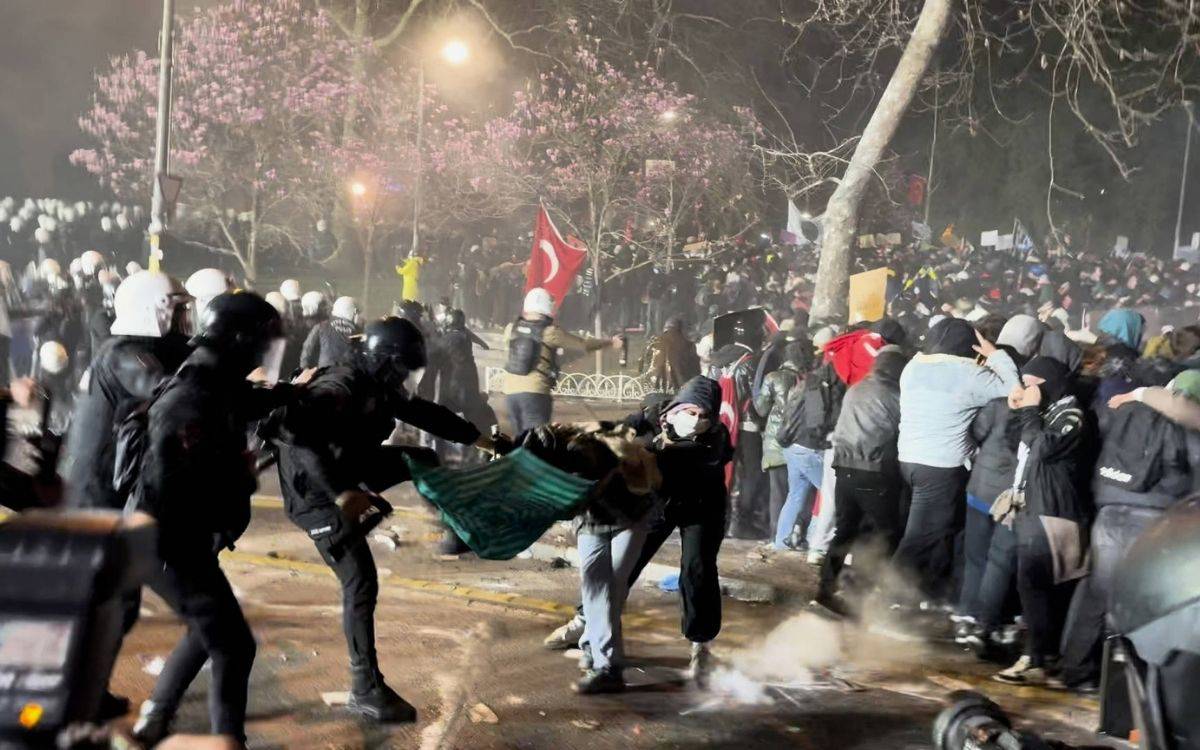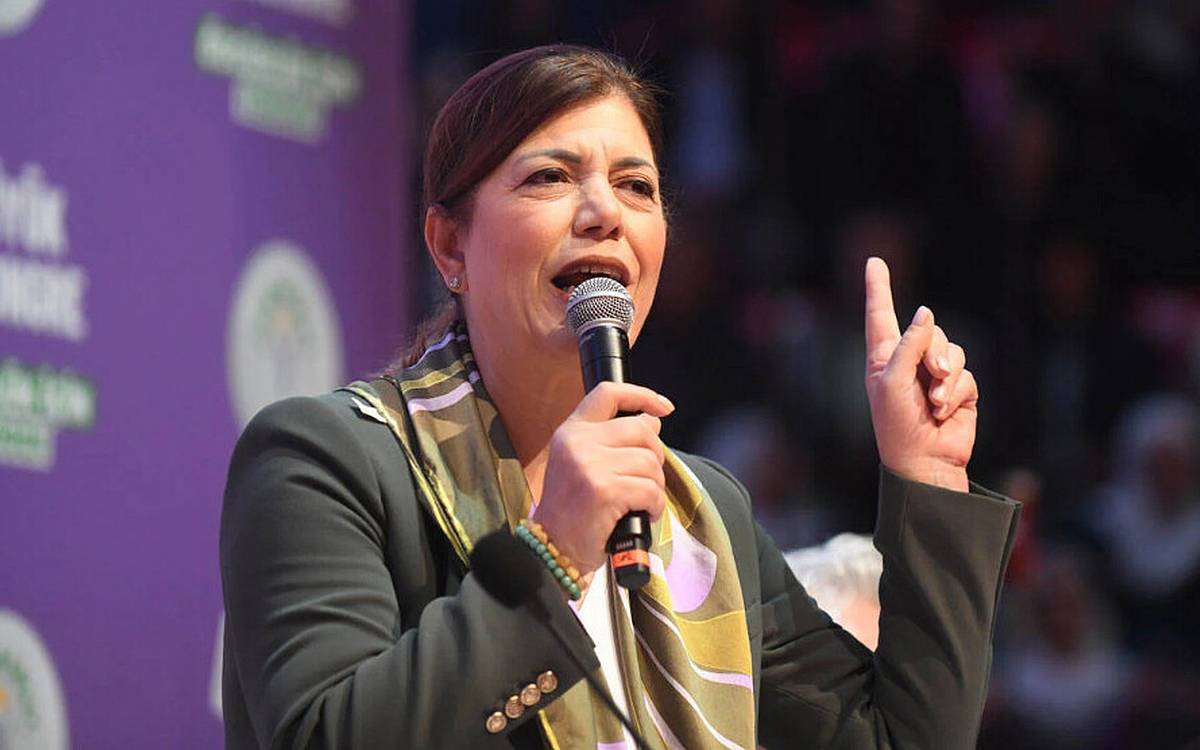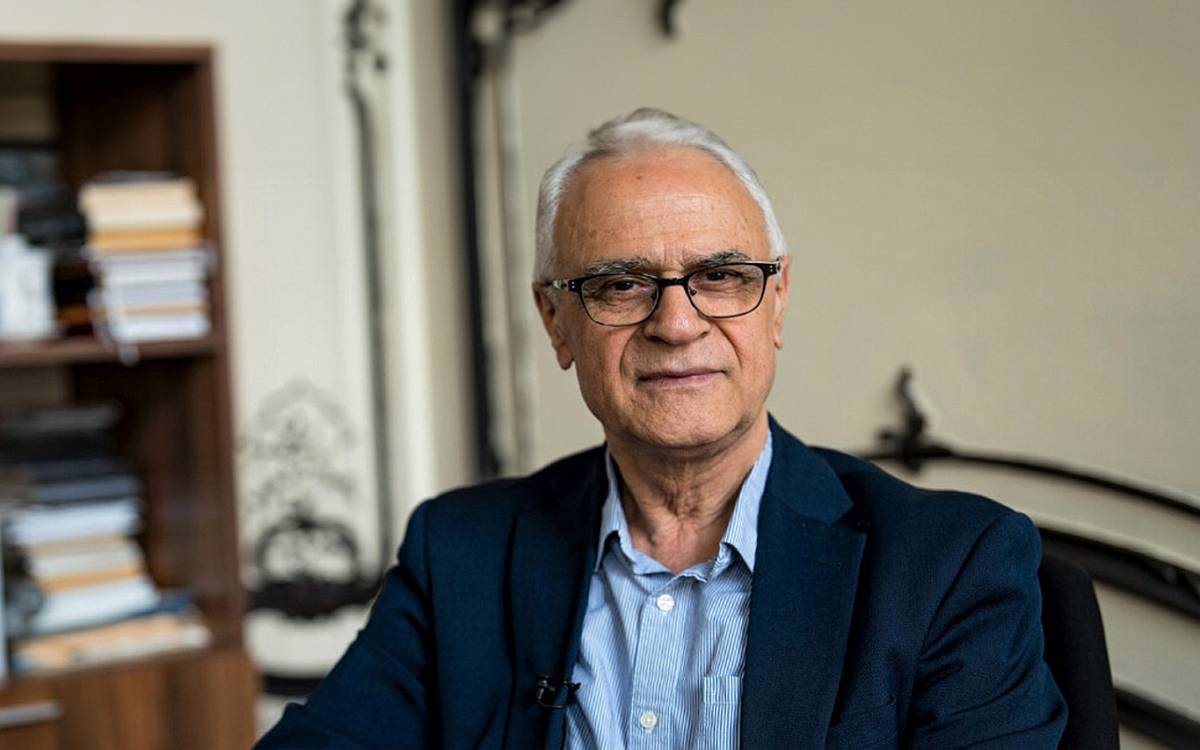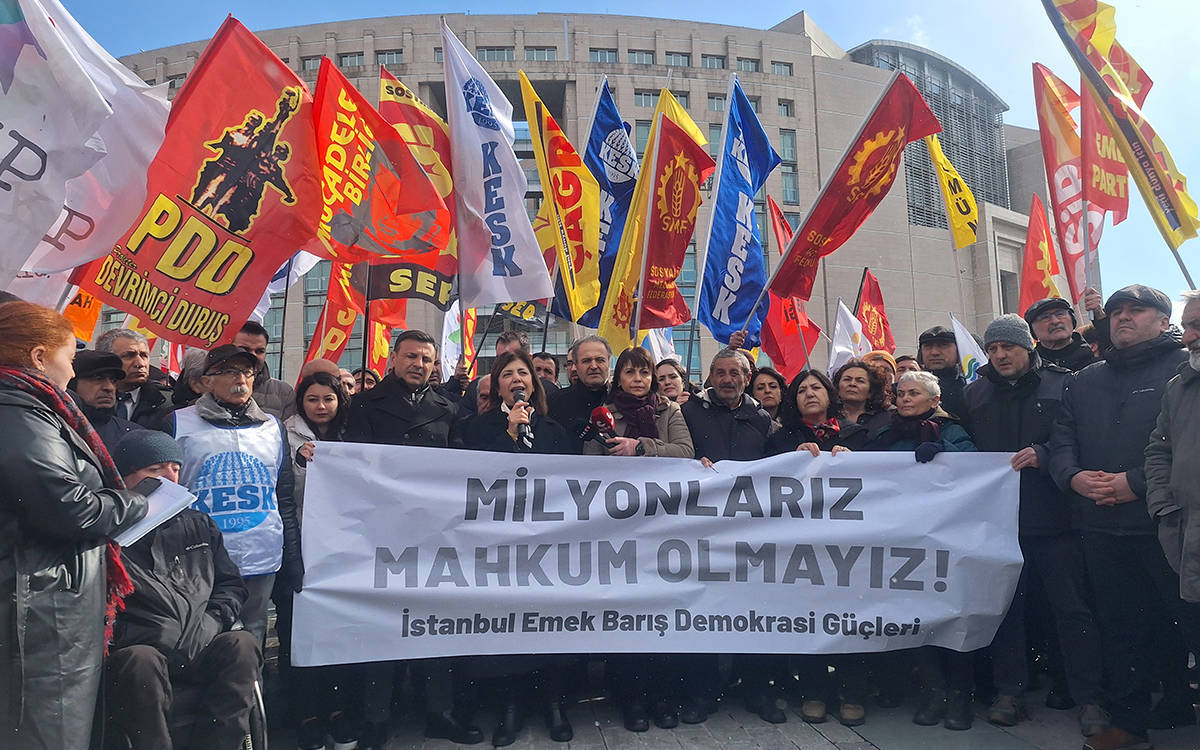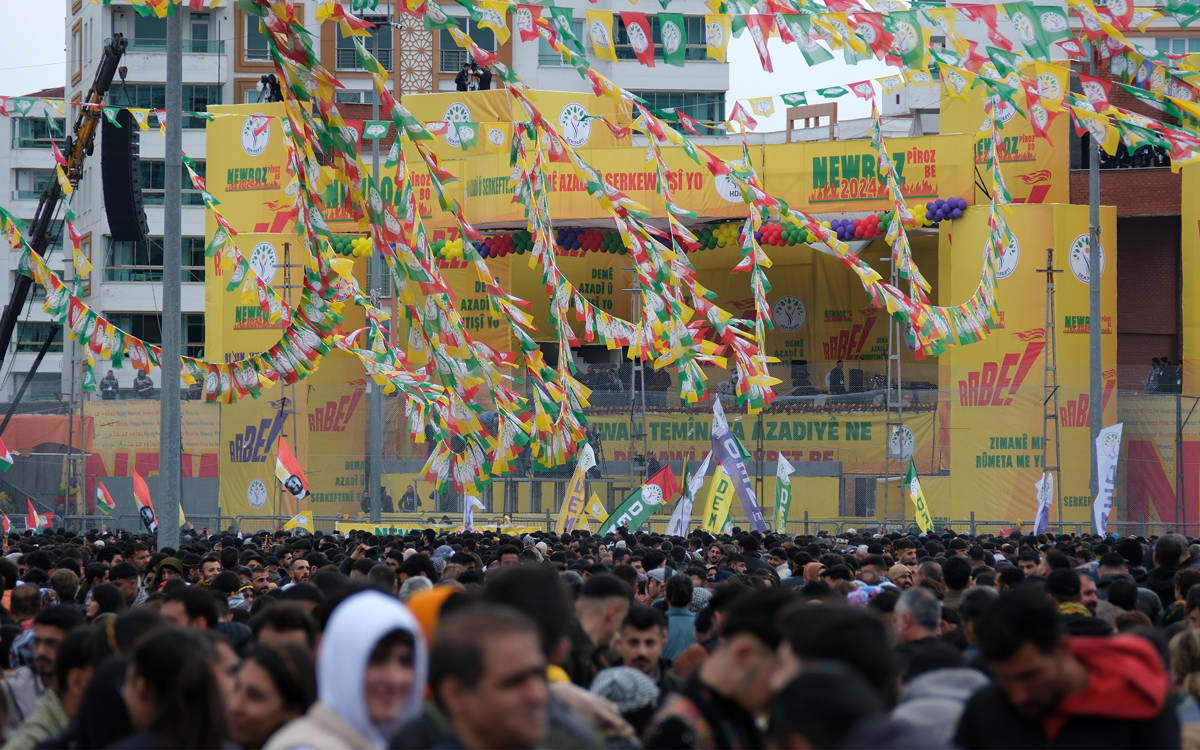* Photos: bianet
Click to read the article in Turkish
Ahmed Abdul is 30 years old. Three years after the war broke out in Syria, he had to leave his homeland and come to Turkey.
He arrived in Turkey's southeastern province of Antep in 2014. He had difficulties in finding a place to stay for a long time. Coupled with the language barrier, it was difficult for him to find a job in the city.
Hoping that İstanbul would offer more job opportunities, he came to İstanbul, where he has now been living for 8 years.
Abdul works in several different jobs, such as washing the dishes, working in a garment workshop and beekeeping. He has long been building walls for a living; he does any job that is given to him.
While he came to Turkey alone, he now lives with his wife from Syria and three children, two girls and one boy.
"My children were born here. We have been living here for years, but we still feel like foreigners. We want to go back to our country. But I do not know whether we can go back there or not," he says.
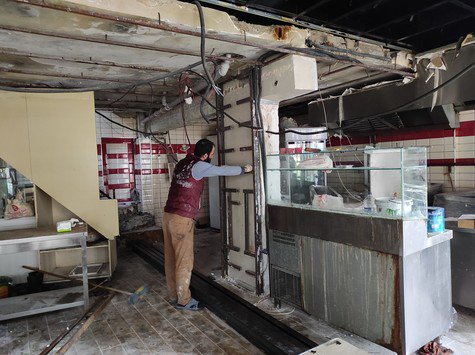
He notes that even though there is no war in Turkey, life has become very difficult for them, explaining the hardships as follows:
I earn 4 thousand lira at most, not more than that. I pay 1,800 lira for the rent. Our bills are also high. They did not use to be that high. But now I give my earnings to the bills and rent. My children are small. They tell me to buy chocolates, bananas, chips on my way home. But I cannot. Sometimes, I buy one chocolate for my three children. Sometimes, I tell them I forgot about it and promise to buy it the next day. Children do not understand it, they get upset. We do not even want to take the kids outside because we cannot buy it if they want something.
"If things get better in Syria, we will go back. I have several friends here, but we are guests. My family is back in Syria. I want to go and be with them."
'Turkey sent us to Idlib, we have come back'
As for Muhammed, he is 18 years old and has been living in Turkey for 7 years. He lost his father in war and came to Turkey with his mother and six siblings. They try to live by selling water and napkins in İstanbul's Aksaray but they cannot make sales either due to Ramadan.
I ask him, "Don't your siblings go to school?" He says that they cannot go because their ID cards given by Turkey have been revoked.
They were sent to Syria's Idlib in September 2019:
"We could not stay in Idlib. We are Kurds and there was ISIS. They would have killed us. We had to come back. They did not give us IDs again. We cannot work anywhere. We sell water. My siblings do not go to school because they do not have their IDs; they sometimes sell water with us.
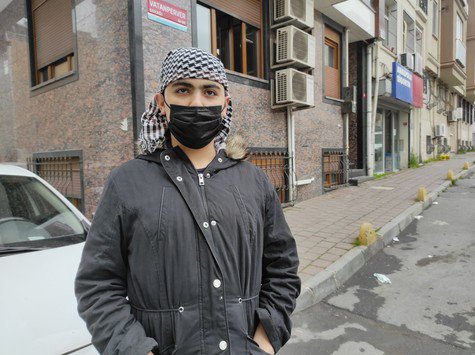
We are in a very difficult situation. We pay 800 lira for a single room. Most of the time, we cannot pay it, either. Everything is so expensive. We could not sell water much before Ramadan [the fasting month of Muslims]. We used to earn 50-60 lira a day and put aside 30 lira for rent and use the rest for household expenses. [...] We cannot go to Syria; we cannot live here, either. We do not know what to do. We are waiting for Syria to get better. We have no other choice than going back.
'I don't want to go back to Syria'
Hadje is 30 years old. After losing her spouse 6.5 years ago, she and her two children came to Turkey. They stayed in a camp in Antep for a very short time. They came to İstanbul after the camp was vacated.
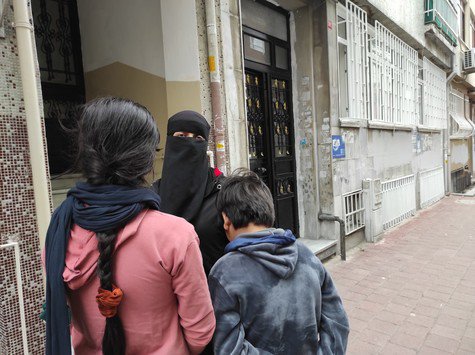
Hadje and her two kids also try to make a living by selling water. But they can hardly afford the rent and bills. She says that they sometimes get leftovers from the Syrian restaurants in Aksaray and sometimes wash the dishes for them. But she emphasizes that she does not want to go back to Syria no matter what. "Turkey is also hard, but Syria is fatal," she says.
'They blame us for every bad thing'
Ferad is also 30 years old. He came to Turkey in 2011, when the civil war had just erupted in Syria. He considers himself to be from Turkey now. He says that he does not want to go back to Turkey, adding that he has built a life in Turkey and wants to live here.
Ferad works for a courier company. He says that he earns better than the ones around him, but he has difficulty making ends meet now:
"I worked during the pandemic. I was not affected much. My circle of friends work in restaurants or do other jobs. Some have never worked, some have been left unemployed. I may be considered lucky. But I have no money left now due to the recent price increases.
"I spend all of what I earn for expenditures. I used to pay 2,500 lira for the rent. A month ago, it was increased to 5,000 lira. I had to pay it and I did; because if I want to move out, I will be unable to find a house and if I do find a house, they ask for the same money. The lowest rent is 5,000 lira in Aksaray now. Sometimes, what I earn does not cover my expenses."
'They insulted my Turkish friend as Syrian'
Ferad speaks Turkish very well. He says that people do not think that he is from Syria and when he tells them that he is, he sometimes faces reactions:
"There are not only Syrians in Turkey, it receives immigrants from several countries. Syrians see Turkey as their home. But they blame us for every bad thing that happens. Even though the one who did the bad deed is from Turkey, they say, 'The Syrian must have done it.'
For instance, a Turkish friend of mine was reading a book in Arabic on the subway a few days ago. They insulted him, calling him 'Syrian'. My friend was told, 'Why don't you give up your seat? Go to your country already! Our economy has collapsed because of you.' My friend said that he is Turkish, but they still reacted against him. We are portrayed negatively, but good things are never mentioned.
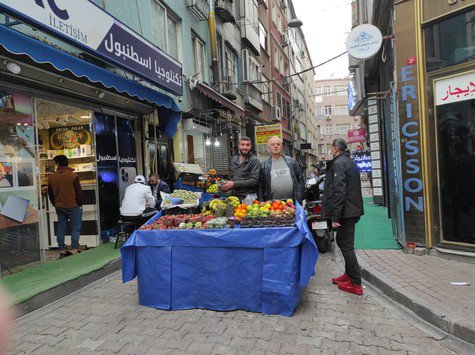
'If the economy goes on, it is thanks to Syrians'
While we are speaking with Ferad, his neighbor from Turkey involves in the conversation. He says that his name is Can Polat and has been a shopkeeper in Aksaray for 30 years. He lashes out at the hatred towards Syrians. He briefly tells us the following:
"If the economy goes on in Turkey now, it is thanks to Syrians. No one can do business without them. They make a huge contribution to the economy.
"Politicians sit at the Parliament and say that 'unemployment is caused by Syrians.' I swear that they have no idea about the country where they live. Some politicians cannot do politics without Syrians.
Every country, every land has their good and bad people. They say, 'Syrians are perverts.' Children were raped in a Quran Course in Turkey. Are all Turks perverts now?
(RT/SD)





.jpg)
